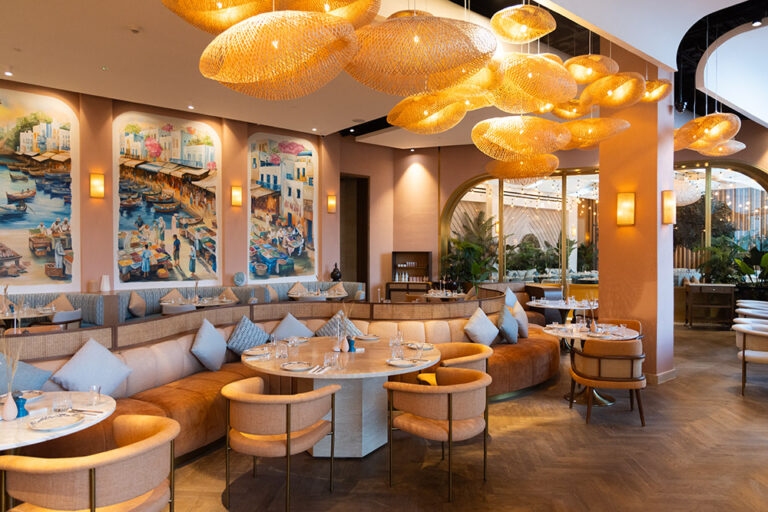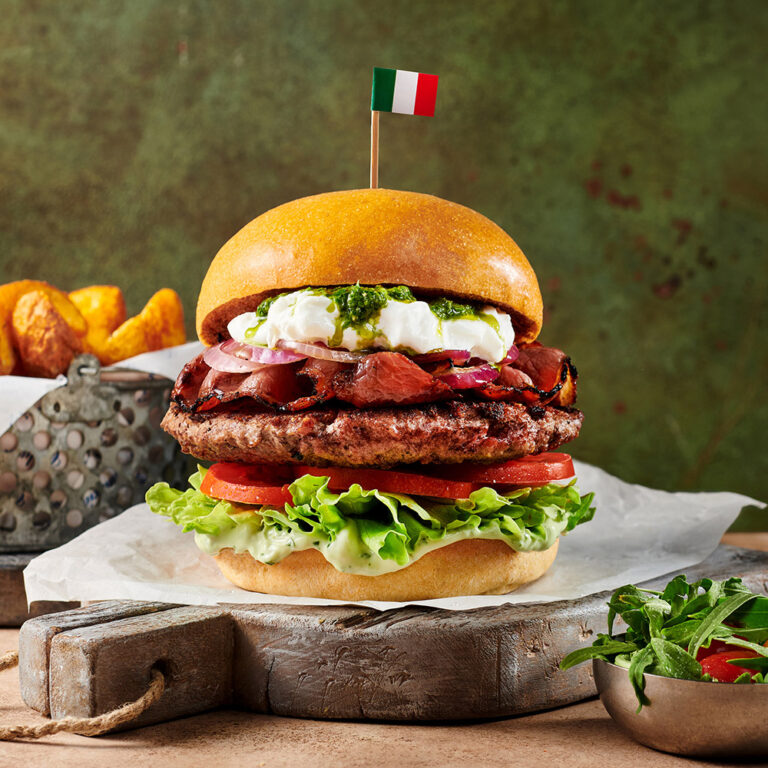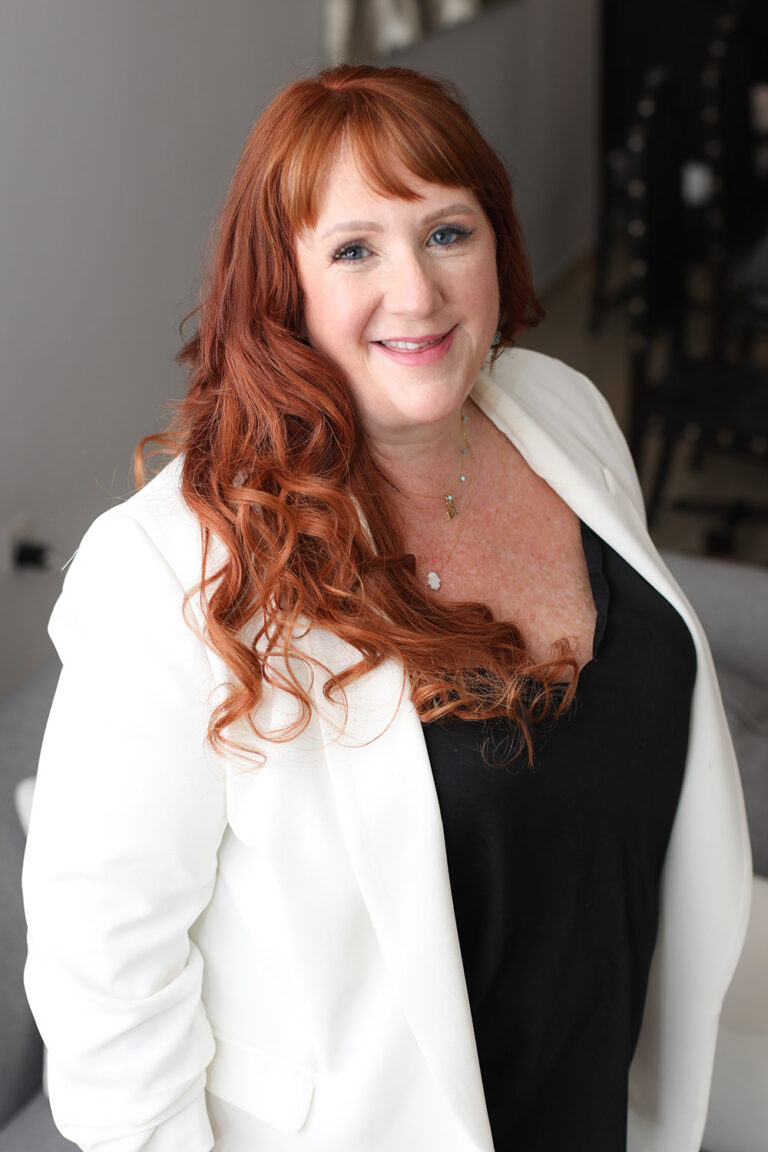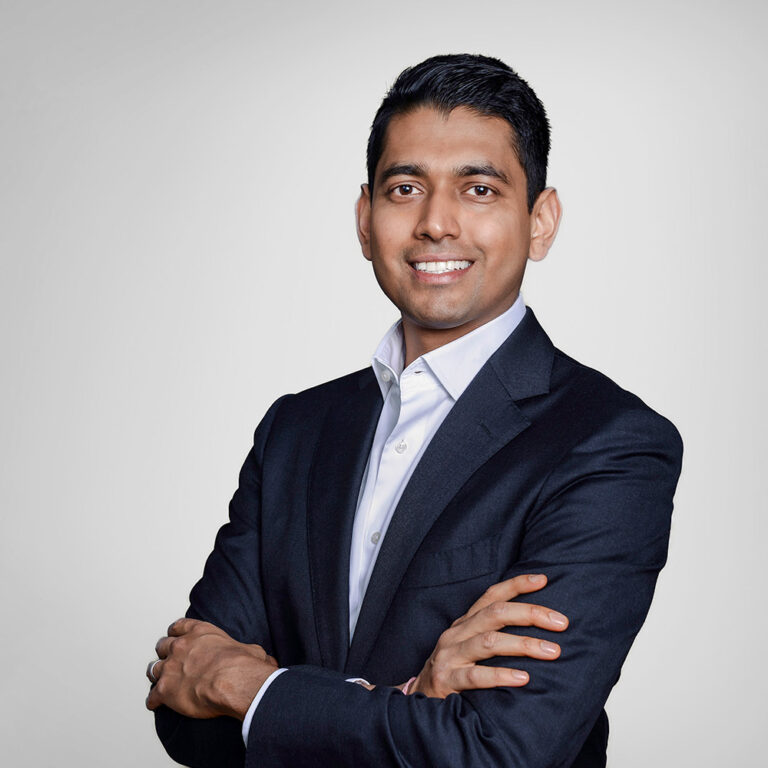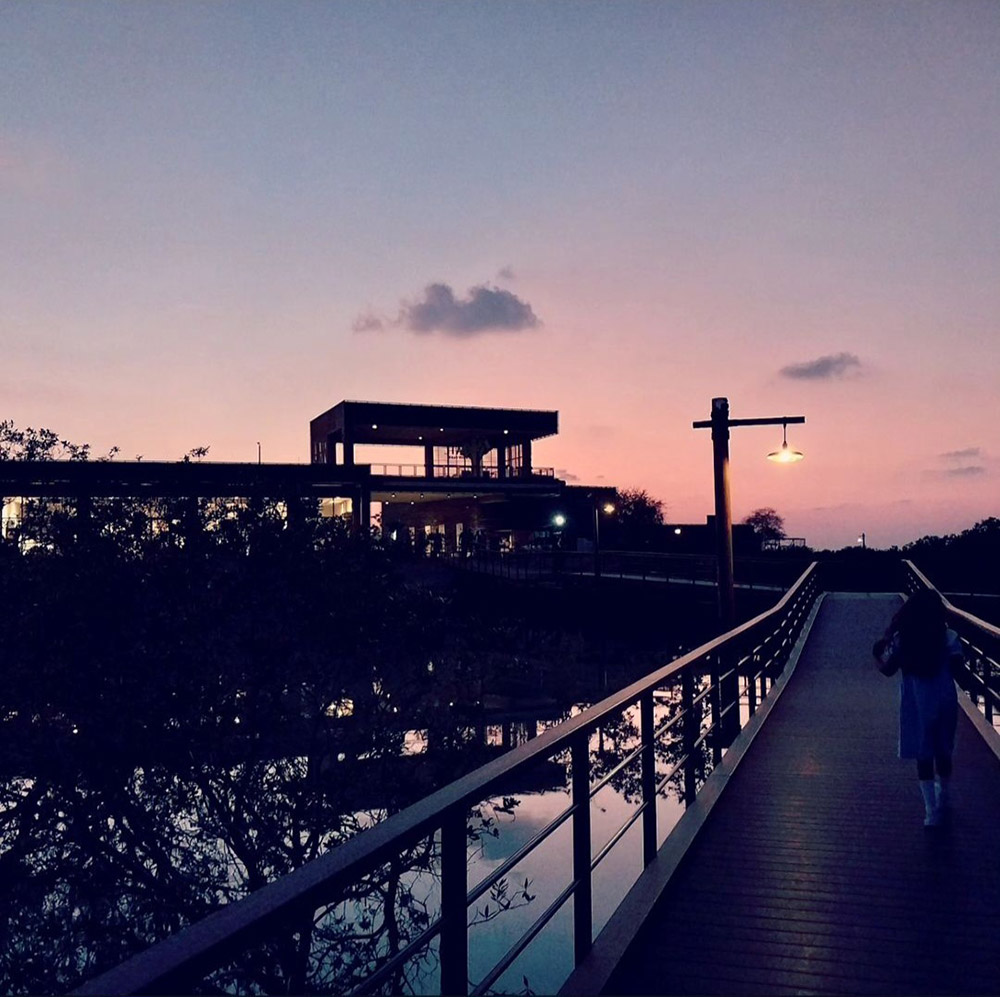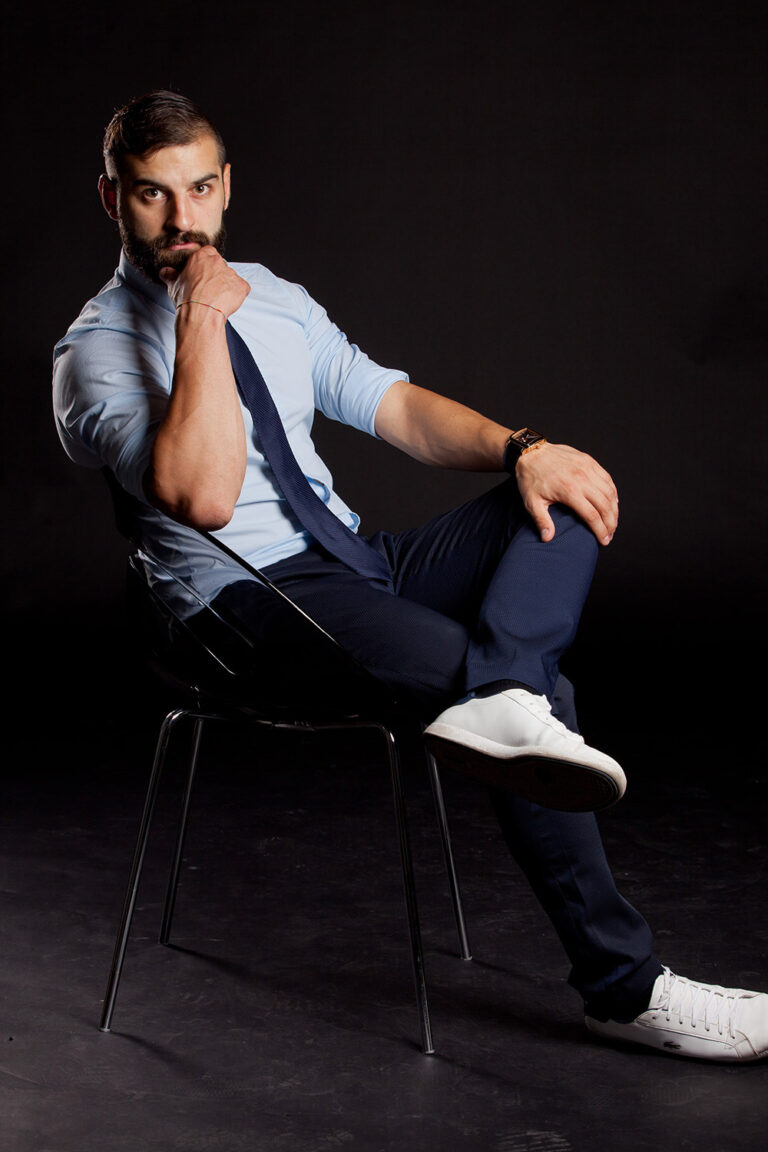
Chef Diogo on his Passion for Food and Passion to Teach
Kyzha Lyre Gopika and Sundus

Teaching is a noble profession and a calling. It’s more than just a career, especially when transferring of knowledge and skills is at the heart of it all. Meet Chef Diogo, a passionate expert in the culinary industry and an educator for the future michelin stars.
- Tell us about yourself and your background.
I graduated with Bachelors in Hotel Management way back in 2004 from IHM in Mumbai India . I happened to pursue my stream in culinary arts specifically after I was done with my 3 years and I started working with the Taj in Mumbai. I worked there for a little while and then moved to Dubai. I was working in Crowne Plaza and with the Ritz Carlton then transferred to the cruise liners in 2009 where I used to work with Carnival Cruises and the Yachts of Seabourney. I had always had an interest in teaching that took birth for training and that’s when I was called back between all these assignments to my alma mater.
I was teaching in India, in Nepal, and then for 5 years now I’m with Amity University Dubai as a chef instructor in the Hospitality and Tourism Department. This is the kind of journey that I’ve had as an educator and as a chef. I love teaching, I’m very passionate about being around students and personally this is more than responsibility but also a calling. I can see what the industry needs now, it needs more educators like me. With my 17 years of experience it’s my time to give back to nurture the next generation of chefs to learn the foundations of culinary arts. And it’s not only developing them but of course being a culinary chef it’s a total development, that’s what we do in hospitality, we make them mentally, physically ready for the industry.”
- You mentioned your interests in the culinary arts, and you did choose to pursue that, so can you tell us inspired you to take that route?
At the beginning of my college days , I used to take up science courses but then eventually, I realized that it wasn’t really working for me . That point in time, there were a lot of these and that questions to myself , and there was this television series that popped in my mind which suddenly got a flare in my head asking “why not try something in culinary?”. That time my mother was actually working with the Oberoi hotels in India for almost 17 years, so that was another sign. It was these few glimpses during those times when culinary came into my idea and I said yes. I think that my personality, hospitable, loves to be with people and willingness to serve were the qualities which made me say “Okay, I think I can go ahead to do something like this”. Because genuineness this is something I always tell the students as the key skills: genuineness and the willingness to serve people.
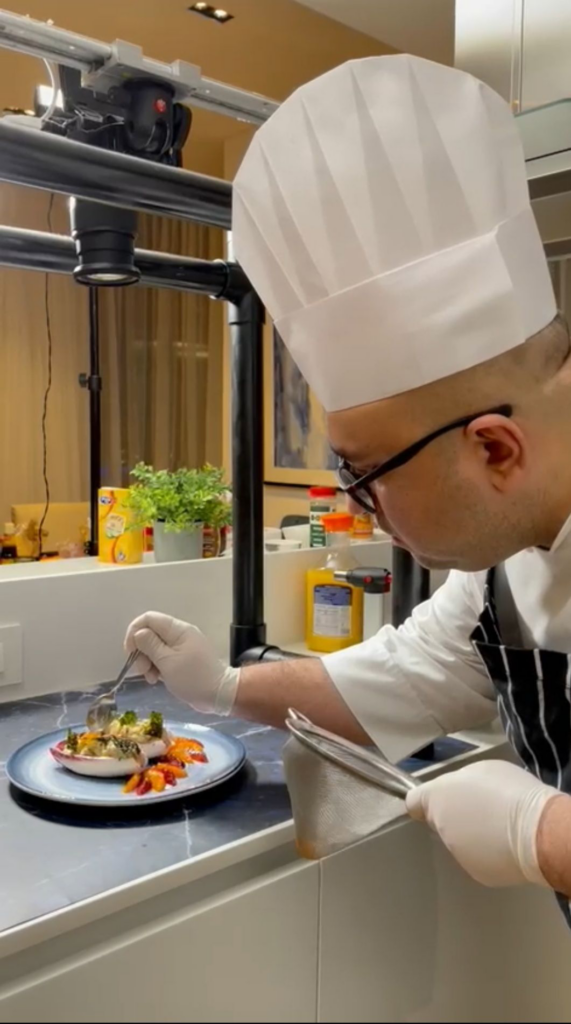
- As a Chef Instructor in Amity for 5 years now, can you tell us about your approach in the way that you combine your career as a chef and your career as an educator?
Being a chef, there are certain attitudes, rules, and regulations for the kitchen which I bring to my class. When our students go out into their internships, they get the real feel of the hospitality industry. As a chef instructor, I use myself as someone who sets an example for those chefs that they will meet in the industry. However, at one point in time, it’s more than a student centered approach. I make sure that they will love the world of culinary . My main goal is for them to improve their skills holistically. The kitchen does not only teach you how to cook, it’s far beyond it. It gives you mental preparedness ,and it makes you much stronger to deal with situations because our industry is so dynamic. The kitchen is so dynamic, every hour of every day it’s totally different. Guests are different, situations are different, so teamwork is important. These are the qualities you actually bring to the table. This is what I bring and share to my students with the industry experience I have. It’s more than the skills, but letting them be experts especially in the basic and foundational techniques which are more important. I keep telling them there are millions and thousands of recipes but what’s important is the way how to do it . Understanding the historical background of the food, the culture, this is where I make sure that they truly understand. Because when you go out, you don’t just cook, you have to serve it in the best way possible for a guest. How do you come across? How do you build up a conversation? How do you create an interest towards food? Those things I kind of inject when I teach from time to time. At the end of the day, if I know this student has been trained, mentally strong, physically prepared, he is ready to adapt to any situation, because this job is demanding and challenging.
- Obviously, you are passionate in cooking and teaching, but would you say your passions to both are equal, or does one outweigh the other?
“I think teaching outweighs the other, because people always ask me, “Why don’t you go back to the industry?” and things like that. But there are so many chefs out there, and I’m not saying I’m the best, but not everybody can teach. Here, I am doing both. And I know to myself and with my experience, I’ve trained so many students and they’ve become successful in whatever they’re doing. For me teaching is very rewarding, more than monetary benefits it’s about the lives of the students that you’ve touched. That for me is the biggest achievement of an educator when the students are happy and they become successful.
By Author
no related post found


“Flowers are our favorite F word!”
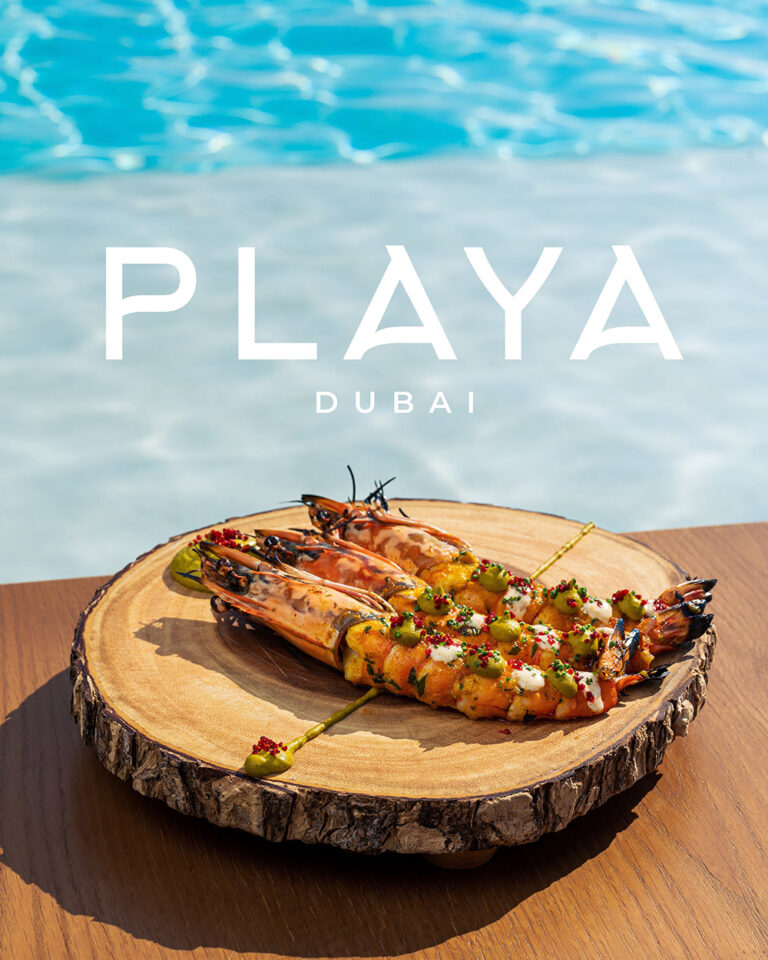
Indulging in Love and Flavor at Playa: A Valentine’s Day Delight
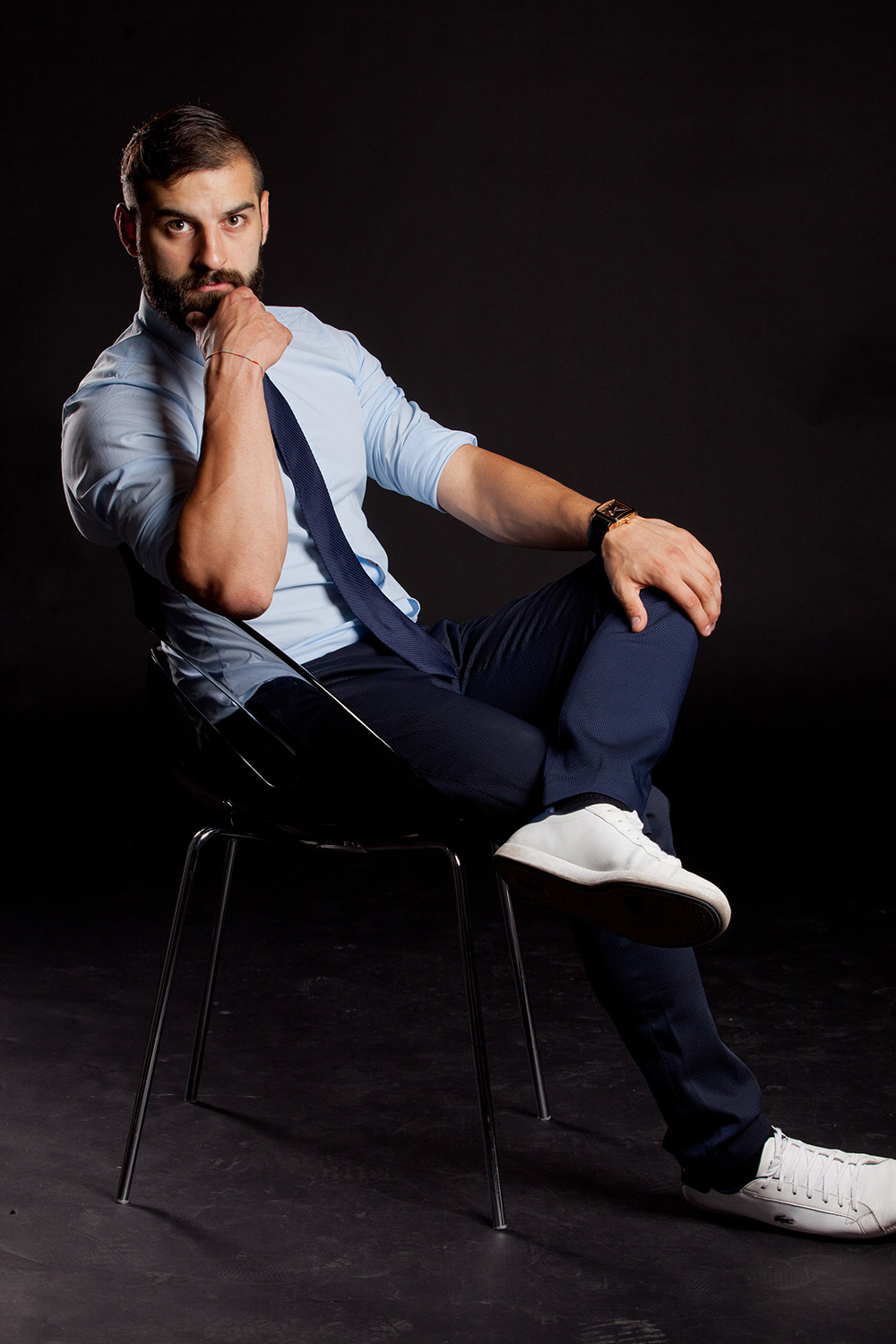
MESMERIZE: Where Artistry and Innovation Unite in a Ballet of Elegance

“Flowers are our favorite F word!”
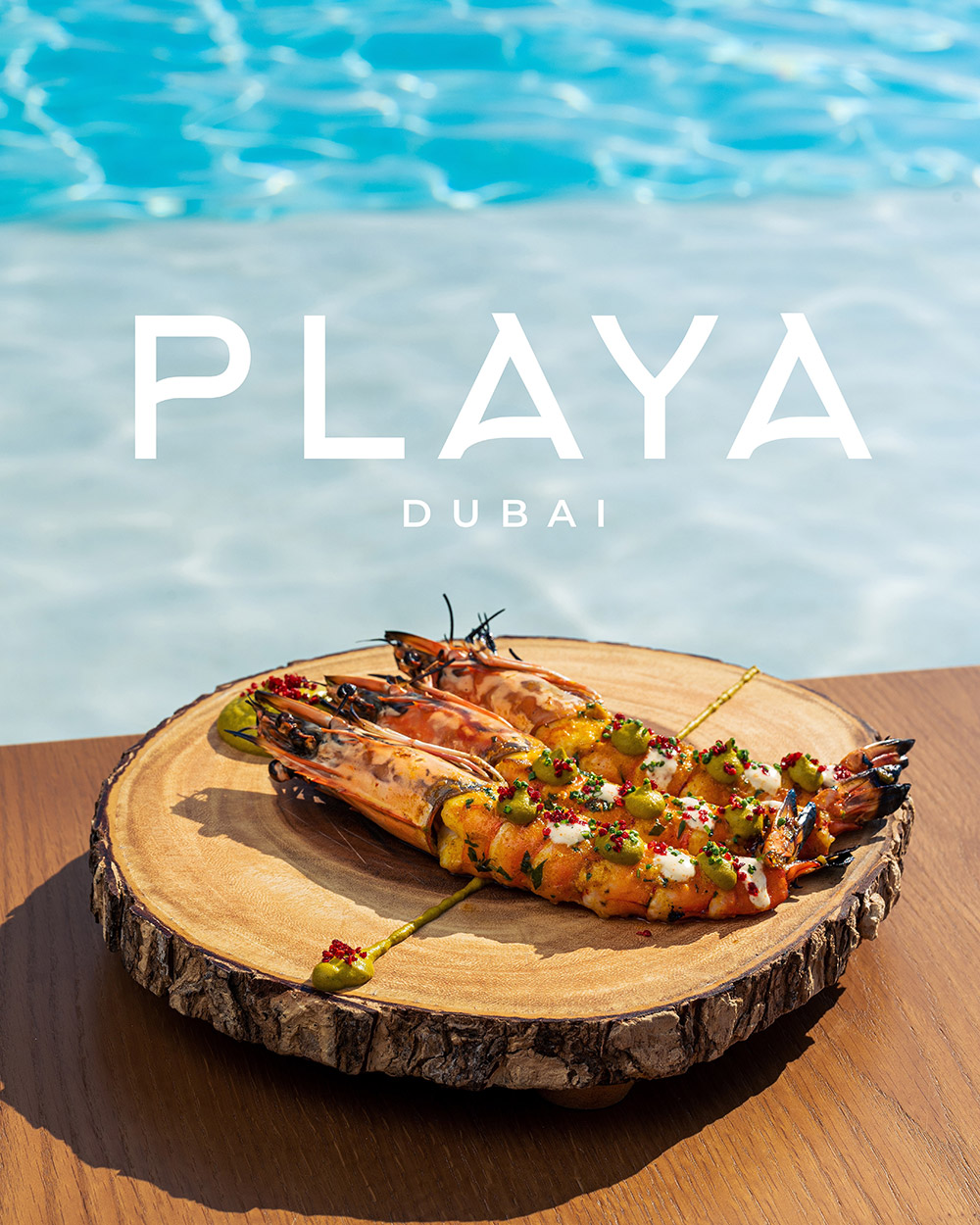
Indulging in Love and Flavor at Playa: A Valentine’s Day Delight







